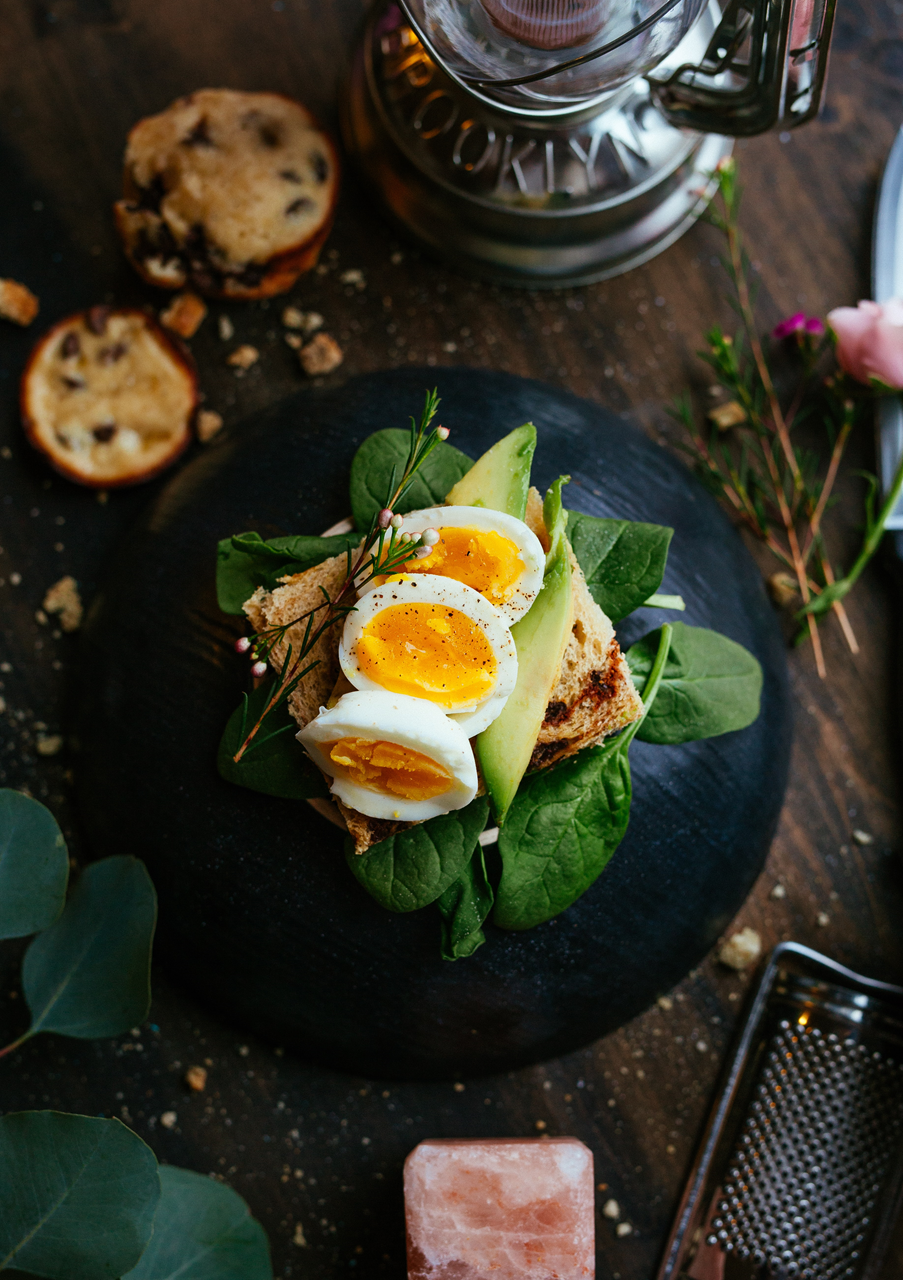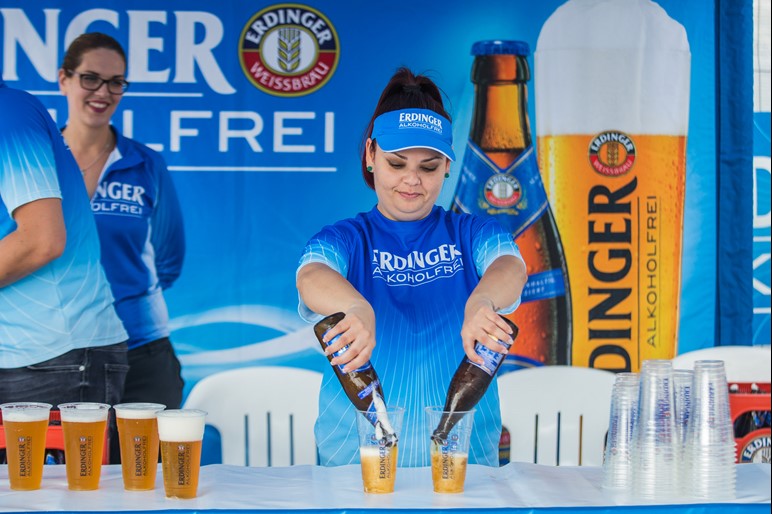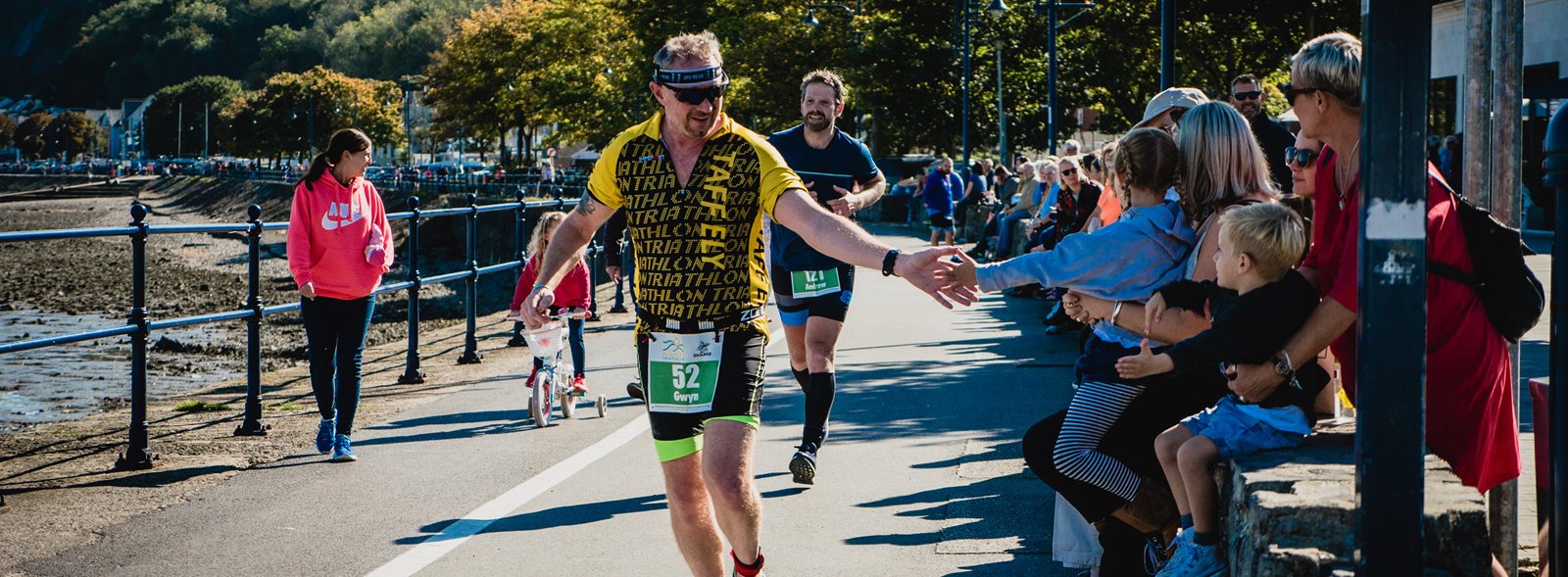Triathlon Nutrition for Beginners
If you are new to triathlon nutrition can be a confusing area, it's hard to know what is right or wrong! Congratulate yourself on reading this article and giving nutrition the attention it deserves!
Making small changes can achieve big gains.
Why is nutrition so important in triathlon?
Endurance training puts the body under additional stress, good nutrition 'Supports' your body providing fuel for training, helping you recover and Providing you with essential nutrients to stay injury and illness free.
At the same time building a good nutrition plan to balance your training takes some trial and error to get right!
Here are 5 sports nutrition tips to get you started:
1. Your day-to-day nutrition is key!
Before you reach for the supplements look at what you're eating. The saying goes 'you can't outrun a bad diet' and this is very true. No amount of bars, gels or supplements will benefit your training or your health and well-being if your day to day nutrition is poor.
As a guide follow the Performance plate below. Make sure each of your meals contains the following:
- Carbohydrate (for energy)
- Protein (for recovery)
- Vitamins and minerals (for support)





 2. Hydrate!
2. Hydrate!
Your muscles are 70% fluid so how can you expect to perform at your best if you're not well hydrated. Aim to drink as a minimum of 1500mls of fluid per day. If you are exercising over 90 mins you will also need to add electrolytes to your fluid to replace those lost in sweat.
3. Fuelling
For exercise under 90 mins fuel is not needed. When you exercise over 90 mins your body will run out of fuel unless you top up your tank! The amount of fuel you need will depend on the length of time you exercise, the intensity and type of training . As a guide refer to the table below
4. Preference
Whether you choose gels, bars, a sports drink or real food to fuel there is no difference in performance and it's more about preference. You will also need a minimum of 400-900mls fluid per hour as hydration is just as important.
Overhydrating is a risk for triathletes so it's important to choose fluid with carbohydrate and electrolytes and to undertake a hydration assessment to determine your fluid losses and hydration needs.

5. Recovery is key - there are 3 R's to recovery
Rehydrate - a good rehydration fluid contains carbohydrate protein and fluid e.g milk.
Replenish - your carbohydrate or energy stores.
Recover - aim for 20-25g protein.
Putting this all together a good recovery meal would be 2 poached eggs on 2 slices granary toast with 200mls milk.
Click on my website link below for a simple, free hydration assessment you can do yourself. Just fill in your details on 'contact me' and I will email it across to you
www.sportsnutritionwales.co.uk
Happy training :)




